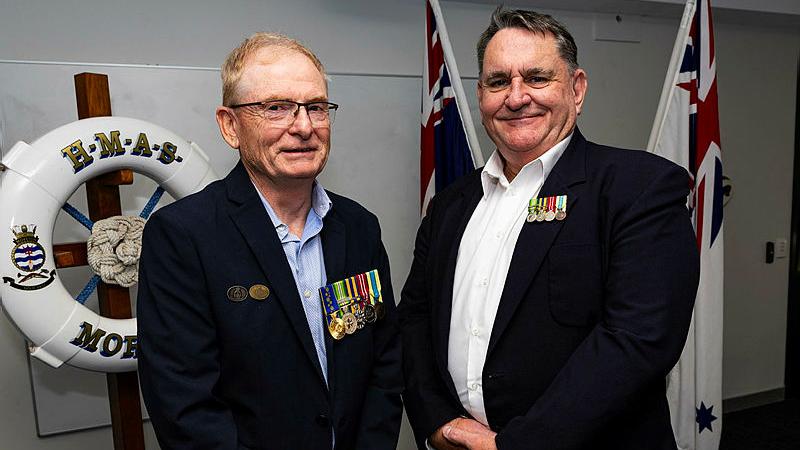A report commissioned by the Disability Royal Commission has found that LGBTQA+* people with disability experience higher rates of violence and abuse due to their gender or sexual orientation.
The research report released today, titled Violence, abuse, neglect and exploitation of LGBTQA+ people with disability, was conducted by researchers from La Trobe University in Melbourne.
The report includes results from two surveys organised by age groups, which were answered by over 5,000 LGBTQIA+* people with disability across all states and territory.
The results from the surveys found experiences of abuse for both young people and adults with disability were higher compared to LGBTQA+ people without disability.
For young LGBTQA+ people with disability (aged 14-21) over a 12-month period:
52 percent experienced verbal harassment or abuse due to their sexuality or gender identity
15 percent experienced physical harassment due to their gender or sexual identity
31 percent experienced sexual harassment or assault.
The report found for LGBTQA+ adults with disability (aged 18 or older), in the same period:
58 percent of people with severe disability experienced verbal abuse due to their gender or sexual identity (compared with 32 percent for people with no disability)
36 percent of people with severe disability experienced harassment (such as being spat at and offensive gestures) due to their gender or sexual identity (compared with 19 percent for people with no disability).
The report also mentions 73 percent of people with severe disability reported experiencing violence from an intimate partner in their lifetime.
The report recommends a series of interventions across policy, services and the community, including:
better training for disability support organisations so they can greater understand and respond to experiences of people with disability who are LGBTQA+
LGBTQA+ people with disability included in all government health and wellbeing policies and plans
guidance and funded strategies to improve inclusion for LGBTQA+ people with disability and to keep them safe in all services and community settings.







